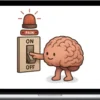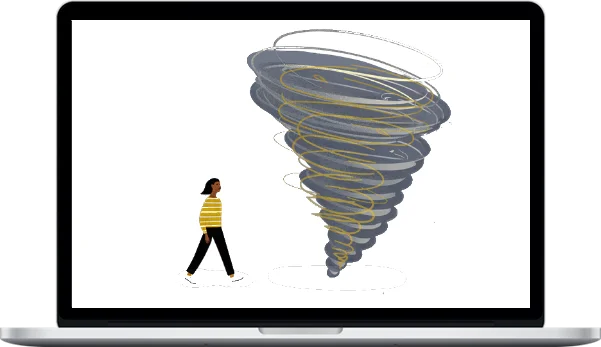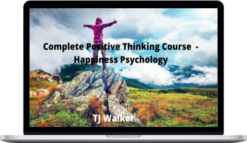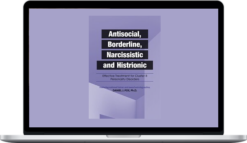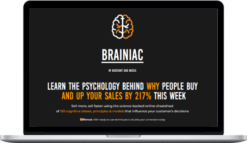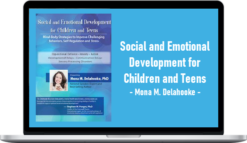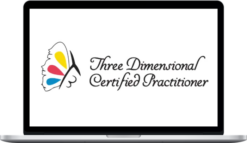NICABM – Treating An Addiction To Drama As A Trauma Response
$197.00 $89.00
»Delivery: Within 21 days
Description
NICABM – Treating An Addiction To Drama As A Trauma Response
Does your client seem to thrive on chaos?
It may be an underrecognized trauma response
Do you have a client who only seems to perk up when there’s bad news? Or who comes to each session embroiled in a new crisis? Perhaps they’ve said that they “thrive on chaos.”
If this sounds familiar, it’s possible your client is struggling with an underrecognized trauma response.
You see, trauma can dampen a person’s sense of aliveness. So for some clients, the only time they feel fully alive is when the intensity and drama of their world is ratcheted up.
This can be addictive – and over time, the constant intensity can overwhelm the nervous system, wreak havoc on a client’s relationships, and spiral into anxiety or depression.
So to help you recognize and work with this trauma response, we put together a brand-new workshop on . . .
What You’ll Learn In Treating an Addiction to Drama as a Trauma Response
In this workshop, Scott Lyons, PhD will share how to identify when this dynamic is at play and work with clients who are consumed by an urge to seek out, create, or escalate drama.
Here’s the agenda:
- How the brain learns to connect with others through stress
- The four phases of the drama cycle (and how it’s different from the stress cycle)
- Key signs that your client has an addiction to drama
- How it feels for your client when they’re addicted to drama
- The specific relational patterns that can signal an addiction to drama
- Strategies to help clients reduce their urge for drama and intensity
Course Instructor: Scott Lyons, PhD
Scott Lyons, PhD is a licensed clinical psychologist, international keynote speaker, and expert in helping clients relieve stress and anxiety.
He is the author of Addicted to Drama: Healing Dependency on Crisis and Chaos in Yourself and Others and is the host of The Gently Used Human podcast.
More courses from the same author: NICABM
Delivery Policy
When will I receive my course?
You will receive a link to download your course immediately or within 1 to 21 days. It depends on the product you buy, so please read the short description of the product carefully before making a purchase.
How is my course delivered?
We share courses through Google Drive, so once your order is complete, you'll receive an invitation to view the course in your email.
To avoid any delay in delivery, please provide a Google mail and enter your email address correctly in the Checkout Page.
In case you submit a wrong email address, please contact us to resend the course to the correct email.
How do I check status of my order?
Please log in to HealthcareCourse account then go to Order Page. You will find all your orders includes number, date, status and total price.
If the status is Processing: Your course is being uploaded. Please be patient and wait for us to complete your order. If your order has multiple courses and one of them has not been updated with the download link, the status of the order is also Processing.
If the status is Completed: Your course is ready for immediate download. Click "VIEW" to view details and download the course.
Where can I find my course?
Once your order is complete, a link to download the course will automatically be sent to your email.
You can also get the download link by logging into your HealthcareCourse account then going to Downloads Page.
Related products
Total sold: 4
Total sold: 2
Total sold: 1
Total sold: 8

